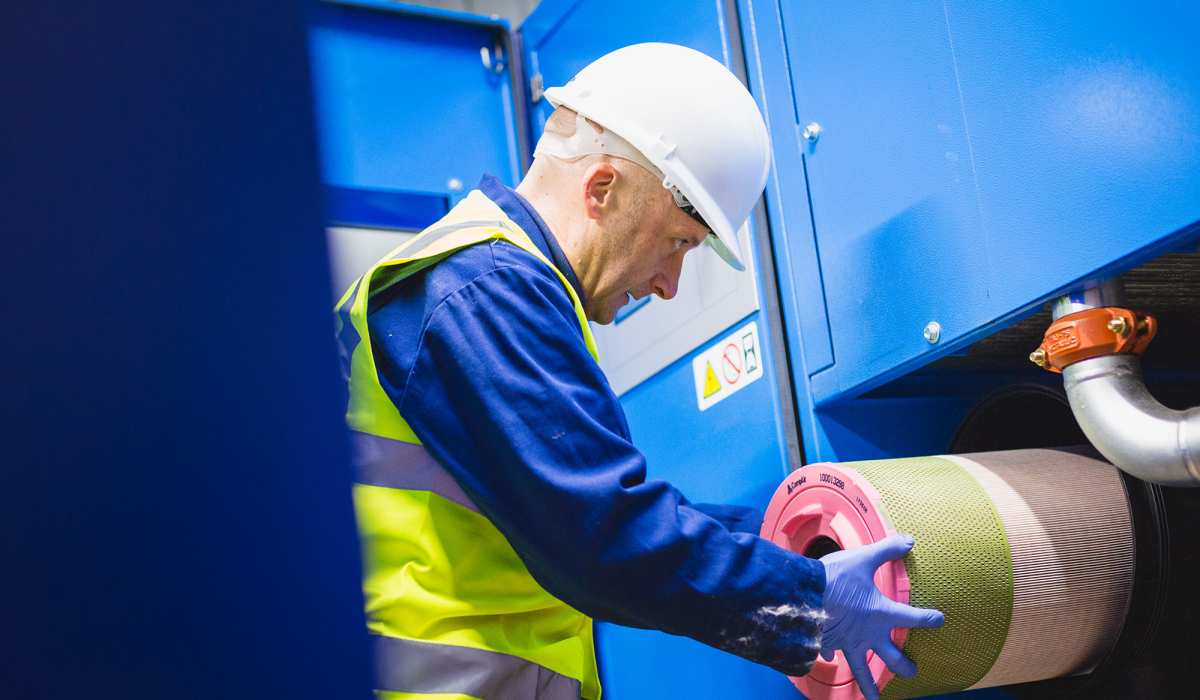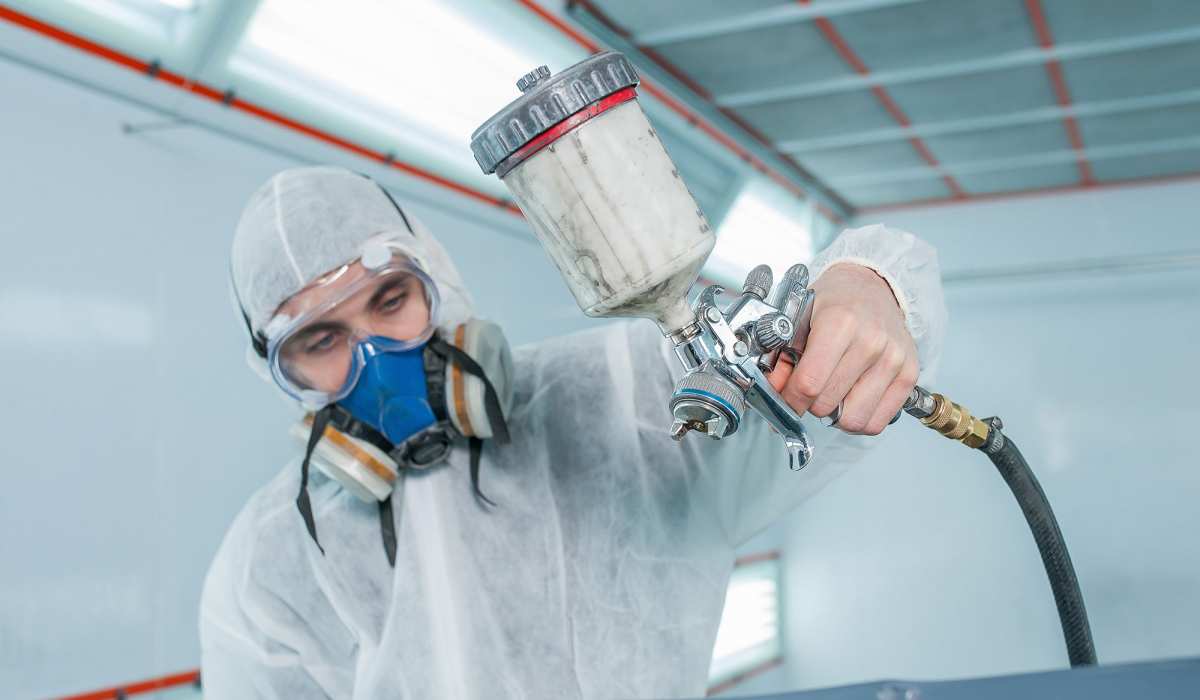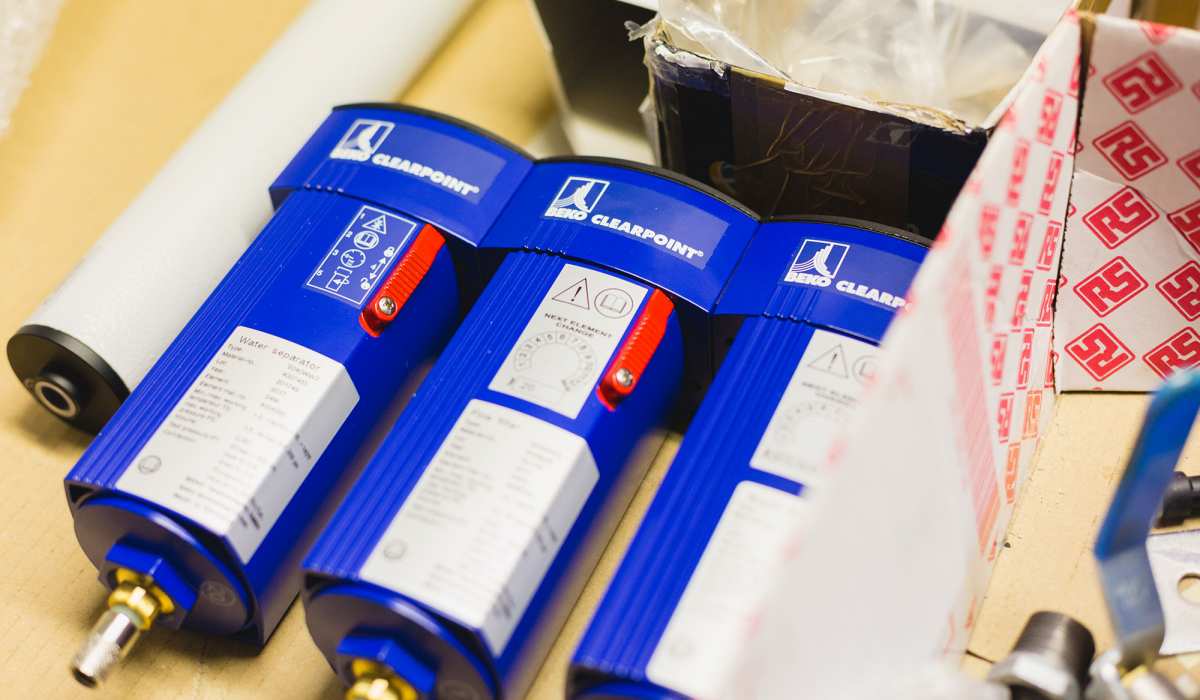What is the most energy efficient air compressor?
If you’re running your compressed air system frequently, then you’ll want to consider the energy your compressed air system is consuming and if it can be reduced.
With the global challenge of climate change being more severe than ever and compressed air systems accounting for a significant percentage of facilities energy bills, ensuring customers are using that consumption as efficiently as possible is essential.
The most energy efficient air compressor really depends upon the application it is used for. It is widely recommended that when thinking about compressed air energy efficiency you should conduct an energy audit to measure your current usage and identify areas where you could make effective energy reduction cost saving changes.
Leak detection is one-way huge energy savings could be acknowledged, as on average a 6mm hole leaking compressed air can cost you around £30,000 per year.
Do you provide installations?
All air compressor installation work is carried out by our fully skilled engineers in compliance with current approved codes of practice and pressure systems regulations.
Our installation team are fully conversant with compressed air, and all cooling and chilled water system requirements.
Our ability to provide a total system solution and turnkey packages while maintaining control over the project from start through to final completion ensures that the air compressor installation system is correct from design to commissioning.
What air quality do I require?
Within universities its apparent that although compressed air may be used for engineering-based applications such as machinery and pneumatics, there’s also the potential of compressed air being used to power laboratory applications. In which case, air quality would need to be of a much purer level. This is when air quality testing and potentially additional air treatment equipment would be need to be considered.
The International Organisation for Standardisation (ISO) sets three such standards, ISO 8573, ISO 12500, and ISO 7183.
Which standards you should apply will depend on the specific contaminants your aim to remove and the purification equipment you will rely on to do so. Compressed air typically has three main contaminants which are water, particles and oil.
At Direct Air, we offer advice about your current compressed air system and provide quality solutions to ensure you achieve the air quality your business requires. To achieve the stringent air quality levels required for today’s modern production facilities, a careful approach to system design, commissioning and operation must be employed.




